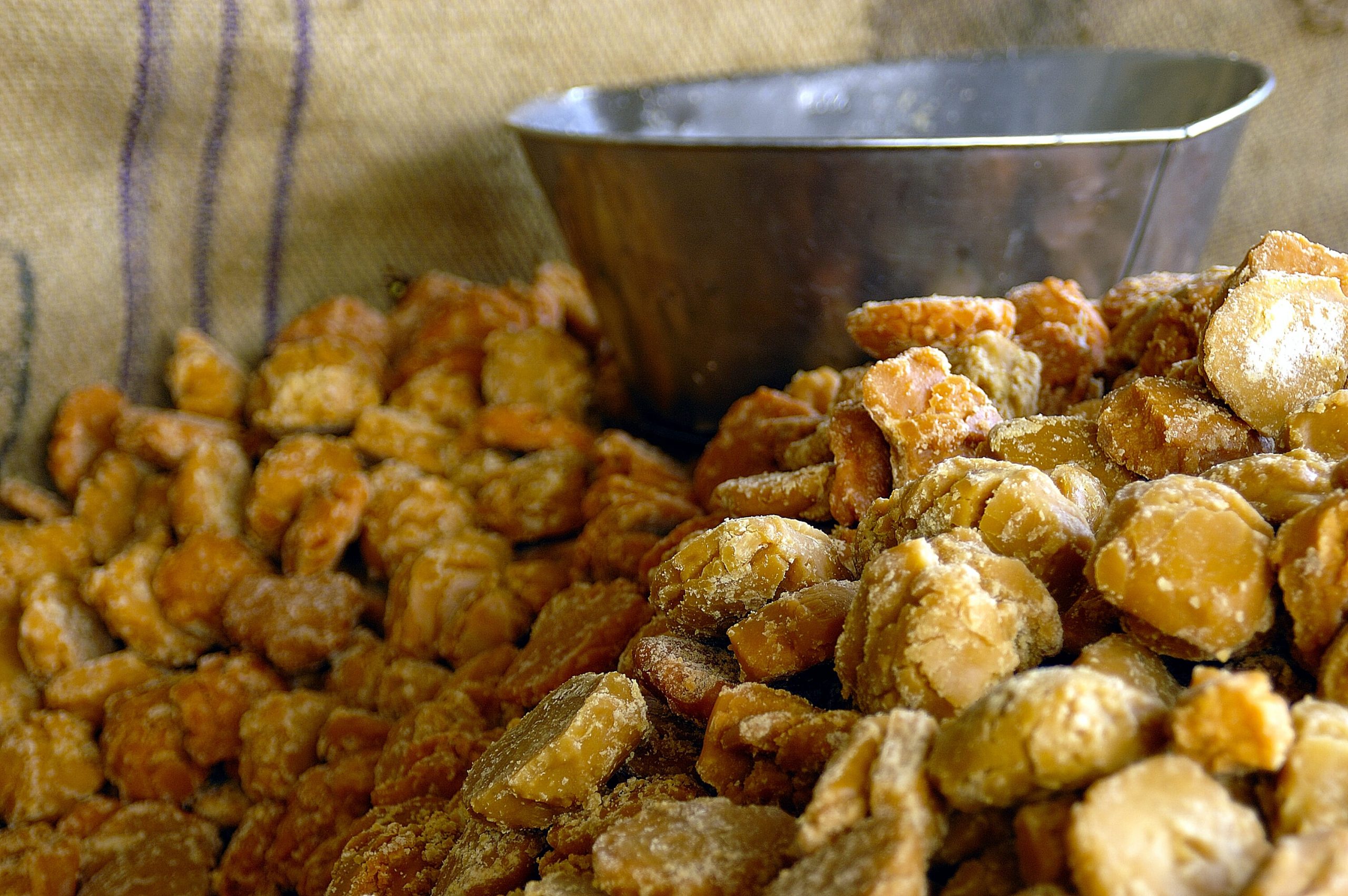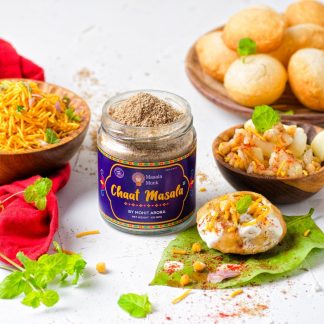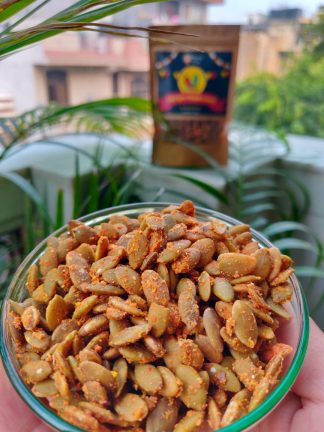
Introduction: 🍯🩸 Jaggery, a traditional sweetener commonly used in South Asia and other parts of the world, has been a topic of discussion in relation to diabetes. As individuals with diabetes aim to manage their blood sugar levels, it’s important to understand the potential impact of jaggery on this condition. In this comprehensive blog post, we will explore the relationship between jaggery and diabetes, examining its nutritional composition, glycemic index, and overall suitability for individuals with diabetes. We will also compare the macronutrient content of jaggery with other sweeteners per 100 grams. Let’s delve into the topic to gain insights into the use of jaggery in a diabetic diet.
Understanding Jaggery: 🍯 Jaggery, also known as “gur” or “panela,” is a natural sweetener made from the sap of sugarcane or palm trees. It is typically unrefined and non-centrifugal, meaning it undergoes minimal processing, preserving its natural molasses and nutrients. Jaggery is widely used in traditional recipes and provides a distinctive caramel-like flavor to dishes and beverages.
Nutritional Composition of Jaggery: 🍯 Jaggery is primarily composed of sucrose, a complex carbohydrate made up of glucose and fructose. It also contains trace amounts of minerals, such as iron, magnesium, potassium, and calcium, along with small amounts of vitamins and antioxidants. Unlike refined white sugar, jaggery retains some of the beneficial compounds found in its raw materials.
Glycemic Index (GI) of Jaggery: 🍯 The glycemic index (GI) is a measure of how quickly carbohydrates in a food raise blood sugar levels compared to pure glucose. While jaggery is considered a natural sweetener, it has a high glycemic index. The exact GI of jaggery can vary based on factors such as its preparation, type, and processing.
The high GI of jaggery means that it can cause a rapid spike in blood sugar levels when consumed. This can be a concern for individuals with diabetes who need to manage their blood glucose levels.
Jaggery and Diabetes: Considerations and Recommendations: 🍯 When it comes to jaggery and diabetes, it’s essential to consider the following:
- Impact on Blood Sugar Levels: 🍯 Due to its high glycemic index, jaggery can lead to a rapid increase in blood sugar levels. This can be problematic for individuals with diabetes who need to carefully manage their blood glucose levels. Consuming jaggery in large quantities or without moderation can disrupt blood sugar control.
- Portion Control and Moderation: 🍯 If you have diabetes and choose to consume jaggery, it’s crucial to exercise portion control and moderation. Small amounts of jaggery may be incorporated into a balanced meal plan, but it should be consumed mindfully and within the overall carbohydrate intake recommendations provided by a healthcare professional or registered dietitian.
- Alternative Sweeteners and Low-Glycemic Options: 🍯 Individuals with diabetes may consider alternative sweeteners with lower glycemic indexes, such as stevia, erythritol, or monk fruit extract. These sweeteners provide sweetness with minimal impact on blood sugar levels. Incorporating naturally sweet foods like fruits, which contain fiber and additional nutrients, can also be a healthier choice for satisfying sweet cravings.
- Consultation with Healthcare Professionals: 🍯 It is essential for individuals with diabetes to consult with their healthcare professionals or registered dietitians for personalized advice. They can provide guidance on managing blood sugar levels, carbohydrate intake, and suitable alternatives to jaggery based on individual health goals and needs.
Macronutrient Comparison of Sweeteners (Per 100g):
| Sweetener | Calories (kcal) | Carbohydrates (g) | Sugars (g) | Protein (g) | Fat (g) |
|---|---|---|---|---|---|
| Jaggery | 383 | 98.1 | 65.3 | 0.4 | 0.1 |
| White Sugar | 387 | 99.5 | 99.5 | 0 | 0 |
| Honey | 304 | 82.4 | 82.1 | 0.3 | 0 |
| Maple Syrup | 260 | 67 | 61 | 0.4 | 0.4 |
| Stevia | 0 | 0.2 | 0.2 | 0 | 0 |
| Erythritol | 0 | 100 | 0 | 0 | 0 |
| Monk Fruit Extract | 2 | 100 | 0 | 0 | 0 |
Note: The macronutrient values may vary slightly depending on the brand and type of sweetener.
Conclusion: 🍯🩸 While jaggery is a natural sweetener with some nutritional value, its high glycemic index makes it less suitable for individuals with diabetes. The rapid spike in blood sugar levels associated with consuming jaggery can pose challenges for blood glucose control. Portion control, moderation, and exploring lower-glycemic sweeteners and alternatives are recommended for individuals with diabetes. It is crucial to work closely with healthcare professionals to develop a well-balanced meal plan that aligns with individual health goals and blood sugar management.









